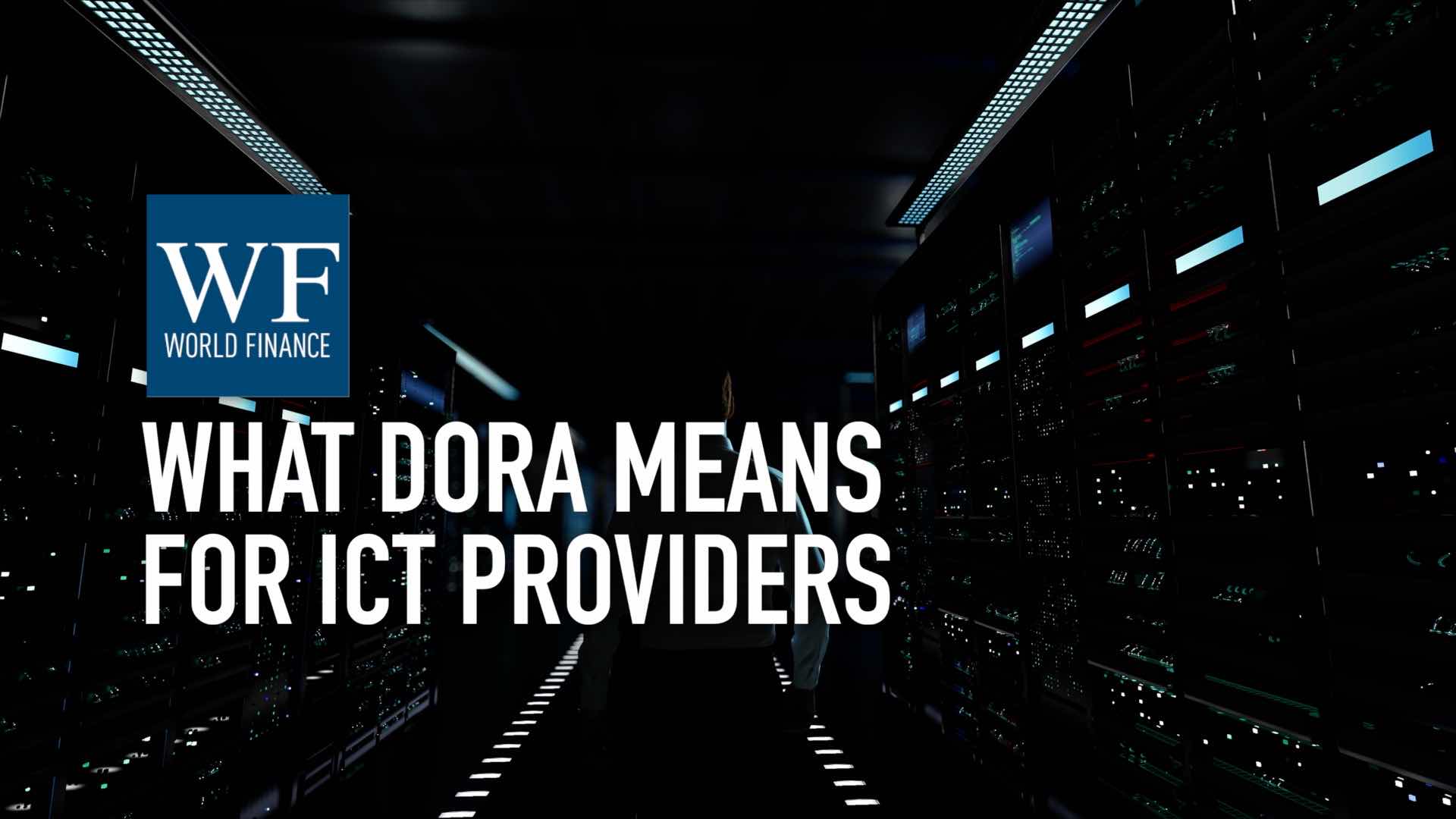Sanjiv Kumar on managed futures | Fort LP | Video
World Finance interviews Sanjiv Kumar, Principal of Fort LP, on how the managed futures market needs to make better use of cash in a low-interest, high-inflation environment
Related:
Transcript
Fort LP, the US-based investment management firm, will be celebrating its 20th anniversary this month. Over these two decades it has achieved 16 percent returns each year for its investors. Fort’s Principal, Sanjiv Kumar, talks about the key to Fort’s success, the difficulties that the managed futures industry has faced in recent years, and how its new global macro fund provides one solution to the managed futures market’s negative-yielding cash.
World Finance: So, 16 percent return per annum: tell us how this has been achieved.
Sanjiv Kumar: Well, we have maintained our focus and our discipline, and that’s been the main key to our success. Our edge comes from taking advantage of persistent inefficiencies in the market, that arise due to weakness in human behaviour when it comes to investment decision-making. And we spend a lot of effort trying to identify that edge. Then we can work that edge into a systematic computerised rule.
We also try to make sure that this rule can adapt over time. Because things change, and so we built in machine-learning into our rules.
In all our strategies we try to produce returns which are uncorrelated to returns on the stock market.
And finally, we’ve always believed that our managers should be transparent and open, and provide as frequent liquidity as possible to its investors. So, we provide a daily liquidity to our investors now, and for the last two years. And I think many of our investors appreciate that.
“One of the big concerns now for the industry is that the cash returns have gone to close to zero”
World Finance: How has the managed futures market fared over the last five years?
Sanjiv Kumar: I think the last five years have been a very difficult period for the managed futures industry, which had a banner year in 2008. A lot of extra money came into the industry, but since then they haven’t done well. We, on the other hand, have had a good previous five years.
Many people say that this extra money that is coming into the industry has been the cause of the poor performance, and I feel that may be contributing to some of it, but a recent study by a broker New Edge shows that this increased liquidity in managed futures, the futures markets have also grown, and can accommodate the extra money.
Some other people have said that there have not been many trends in the market in the last five years, and that’s probably not true as well, because we had a period where the stock market has almost doubled. Other people say that there has been too much volatility, which is related to interventions by the central bank.
In the past such interventions have actually been very profitable, as was the case with the events related to the break-up of the pound from the European Union.
World Finance: So what needs to be done for the industry to regain profitability?
Sanjiv Kumar: Controlling risk has become more important than generating returns. And I think the industry needs to return back to its roots.
One of the big concerns now for the industry is that the cash returns have gone to close to zero. And the inflation rate – for instance in the US is close to 1.5, 2 percent. So that produces a real negative yield. We in the industry really need to do something about it, of using this cash better, not just investing in treasury bills, we need to find a way to invest it in other instruments, but at the same time we cannot lose sight of our two major attributes, which are that we provide a very liquid portfolio to investors, and we provide returns that are uncorrelated to the stock market.
“We have developed a very novel, unique approach, that uses the cash that has been sitting in our futures accounts earning negative real yields”
World Finance: Now Fort is launching a global macro fund in the coming months, tell us about this.
Sanjiv Kumar: So, we have developed a very novel, unique approach, on value investing, which is systematic. We purchase US and Canadian equities, and hedge out exposure by selling futures against it. And we hold it passively, for a year. And this produces very different kind of returns. So this equity strategy is really going to be able to use the cash that has been sitting in our futures accounts earning negative real yields. It not only solves the problem which is facing the managed futures industry, of having a lot of cash earning negative yields, but it also provides diversification in terms of strategies. And it will, I think, in the long run, reduce the volatility of our returns, while providing similar returns as we have generated in the past.
World Finance: You also have a number of regulation changes to deal with, namely AIFMD in Europe, and Dodd-Frank in the US, so what’s your approach here?
Sanjiv Kumar: In recent years we have improved our backup and disaster recovery processes. We have worked with our legal counsel to improve our documents, so that they’re compliant with these regulations. We are registering with the SEC. In Europe we are launching a UCITS fund, which will make us compliant with AIFMD throughout Europe. And we continue to feel that these steps are necessary, and as the industry grows and matures, so that it can appeal to a wider base of investors – not just high net worth investors.
“We are launching a UCITS fund, which will make us compliant with AIFMD throughout Europe”
World Finance: And finally, the FED recently decided not to taper, so what’s your outlook for the near-term?
Sanjiv Kumar: We will probably continue to see a benign environment for interest rates, as well as for the stock market. The growth is not so weak that the market should get really worried, and interest rates are probably at the higher end of their recent range. So, it’s quite possible interest rates will decline in the coming months.
That’s going to provide a very good opportunity for a lot of the managed futures industry to do well, and we are certainly looking forward to it.
World Finance: Sanjiv, thank you.
Sanjiv Kumar: Thank you Nick for having me.

 What the Digital Operational Resilience Act means for board members and CEOs
What the Digital Operational Resilience Act means for board members and CEOs What the Digital Operational Resilience Act means for third party ICT providers
What the Digital Operational Resilience Act means for third party ICT providers
